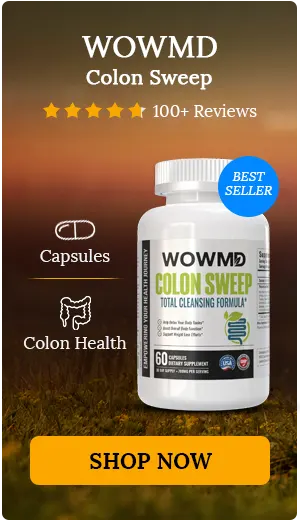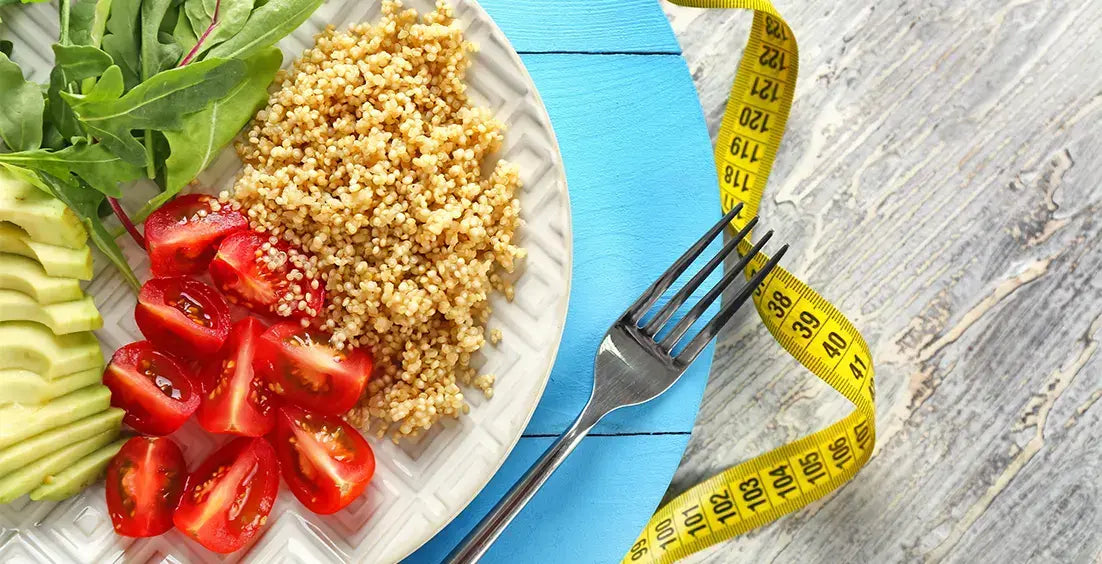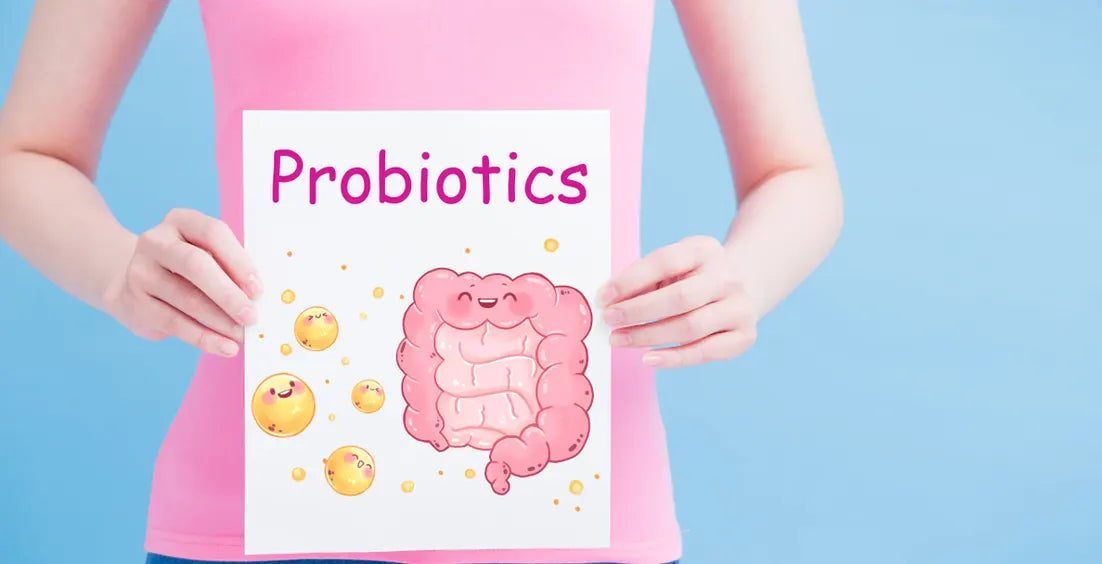Digestive Health Supplements for a Healthy Colon
Improve your digestive health and colon wellness by reading our detailed guide on the best digestive health supplements to include in your diet!

Popular Stories
- Best Liquid B12 Supplement: Find out its Dosage & Health Benefits
- Best BCAA Supplements for Fat Loss and Muscle Retention
- Best Maca Root Supplement For Men’s Health, Hormones, & Well-Being
- Best Acai Berry Supplements: The Ultimate Buying Guide
- Spirulina Benefits for Women: Superfood for Skin & Hormones
- Best Foods for Weight Loss: Healthy Meal Options to Try
References
- Colon: https://www.cancer.gov/publications/dictionaries/cancer-terms/def/colon
- Analysis of free radical production capacity in mouse faeces and its possible application in evaluating the intestinal environment: a pilot study: https://pmc.ncbi.nlm.nih.gov/articles/PMC6925209/
- What are probiotics and prebiotics?: https://www.mayoclinic.org/healthy-lifestyle/nutrition-and-healthy-eating/expert-answers/probiotics/faq-20058065
- The Role of Processed Aloe vera Gel in Intestinal Tight Junction: An In Vivo and In Vitro Study: https://pmc.ncbi.nlm.nih.gov/articles/PMC8235210/
- Effect of apple cider vinegar on delayed gastric emptying in patients with type 1 diabetes mellitus: a pilot study: https://pmc.ncbi.nlm.nih.gov/articles/PMC2245945/
- Digestive Enzymes and Digestive Enzyme Supplements: https://www.hopkinsmedicine.org/health/wellness-and-prevention/digestive-enzymes-and-digestive-enzyme-supplements


 Skin Detoxification Bundle
Skin Detoxification Bundle Complete Weight Loss Bundle
Complete Weight Loss Bundle Heart Care Bundle
Heart Care Bundle Better Immunity Bundle
Better Immunity Bundle  Men's Immunity & Prostate Health Bundle
Men's Immunity & Prostate Health Bundle Stress + Energy + Wellness Combo
Stress + Energy + Wellness Combo  Energy Booster Combo
Energy Booster Combo Natural Skin Care Bundle
Natural Skin Care Bundle Workout Supplements Combo
Workout Supplements Combo Cognitive Health & Vision Combo
Cognitive Health & Vision Combo Joint Health Support Combo
Joint Health Support Combo




































